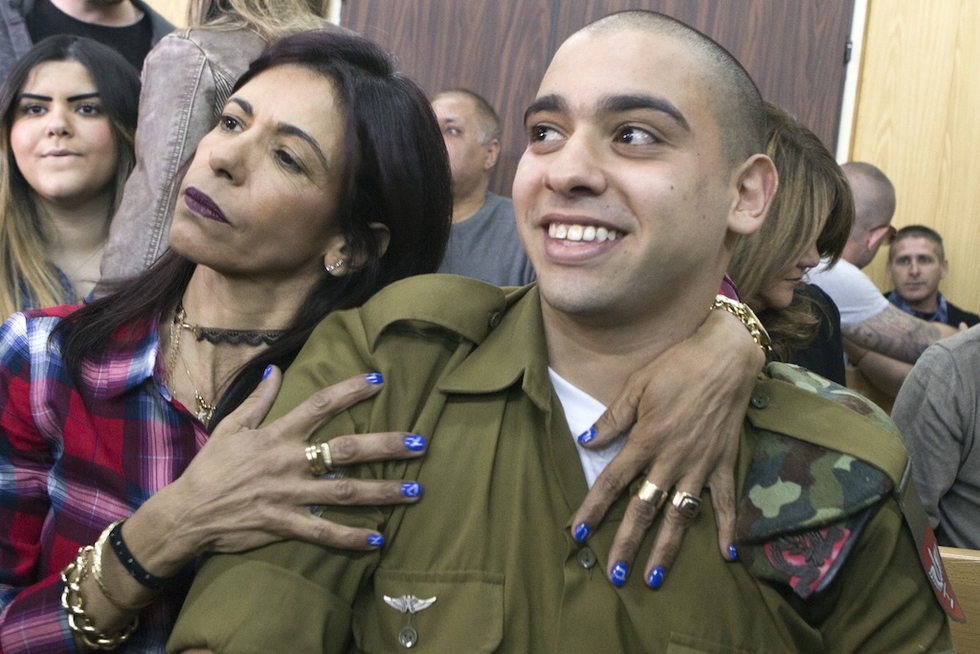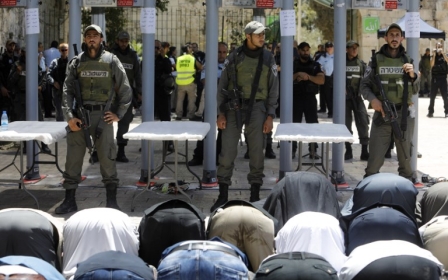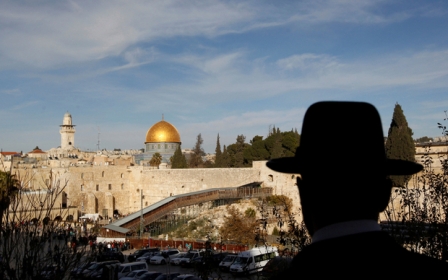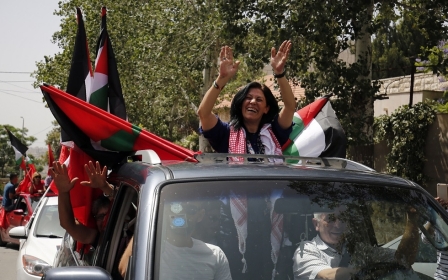Israeli soldier who killed wounded Palestinian released on house arrest

An Israeli soldier convicted of manslaughter after shooting dead a wounded Palestinian knife attacker is to be released on house arrest.
Sergeant Elor Azaria was originally sentenced to 18 months in prison after shooting dead Abed al Fatah al-Sharif in Hebron in March 2016, an incident which caused a major outcry in Israel, Palestine and internationally, as Sharif was already incapacitated lying on the ground.
Deputy chief of the Israeli military's appeals court, Brigadier General Orly Markman, will decide the terms of Azaria's house arrest ahead of his expected release on Thursday.
Azaria will live under house arrest at this parents' home until a court hears his appeal over the conviction and will only be allowed to leave for Sunday prayers. He has spent over a year in open detention at the Kfir Brigade's Nachshonim Base near Rosh Ha'ayin in central Israel.
The Ynet news site said that military prosecutors were not expected to demand Azaria's transfer to full imprisonment as a civilian while there is still an appeal ongoing.
The conviction of Azaria caused outrage in Israel with many Israelis arguing that he was being punished for killing a "terrorist" who had attacked his checkpoint in Hebron.
In January the Israeli prime minister, Benjamin Netanyahu, joined calls by activists and other politicians for Azaria to be pardoned by President Reuvin Rivlin.
“This is a difficult and painful day for all of us – and first and foremost for Elor and his family, for IDF soldiers, for many soldiers and for the parents of our soldiers, and me among them," he said in a statement.
“We have one army, which is the basis of our existence. The soldiers of the IDF are our sons and daughters, and they need to remain above dispute.”
Conversely, some human rights groups criticised the sentence as too lenient.
Addameer, an NGO which focuses on the rights of Palestinian prisoners, warned that the sentence could be seen as green-lighting future extrajudicial killings by Israelis forces.
"The message this sends to other soldiers and police officers who extrajudicially execute Palestinians is that their actions will not be seriously accounted for and that impunity will persist," it said in a statement sent to Al Jazeera in February.
Azaria's case became a cause celebre in Israel with media outlets branding him "everyone's son" and calling him a hero.
A new phenomenon sprung up of children dressing as Azaria for the annual Jewish Purim festival:
Israel's Channel 2 reported that Ran Karmi Buzaglo, a leader of the campaign in support of Azaria, had launched an Elor Azaria Purim costume competition.
Prizes for those who enter the contest include an overnight stay at a bed and breakfast, a guitar and amusement park tickets.
The prizes were donated by citizens in support of Azaria.
New MEE newsletter: Jerusalem Dispatch
Sign up to get the latest insights and analysis on Israel-Palestine, alongside Turkey Unpacked and other MEE newsletters
Middle East Eye delivers independent and unrivalled coverage and analysis of the Middle East, North Africa and beyond. To learn more about republishing this content and the associated fees, please fill out this form. More about MEE can be found here.




